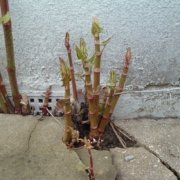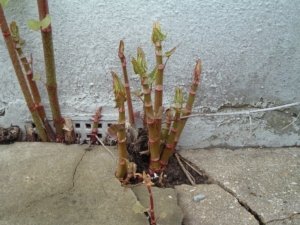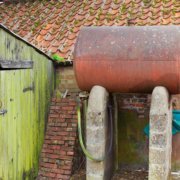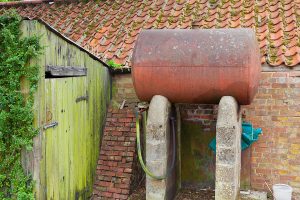 Holiday homeowners please be proactive as the country braces itself for a big freeze and snow for the remainder of February.
Holiday homeowners please be proactive as the country braces itself for a big freeze and snow for the remainder of February.
The advice comes as the Met Office forecast temperatures across much of the UK to plummet well below freezing and have issued a Yellow Warning for persistent snow showers in the East. Conditions such as these can lead to pipes in your vacant holiday home to freeze and burst.
At the height of the La Niña cold spell in 2010 UK insurers dealt with 3,500 claims for burst pipe damage every day (£1 billion paid out in Nov/Dec alone) *ABI.
Whilst many holiday homes are let to guests throughout much of the year, the period between Half Term and Easter is less popular, properties are often empty and therefore more exposed to extreme weather.
Mark Lavington, Director at Boshers Ltd explained; “We see more burst pipe and escape of water insurance claims than any other. Whilst the damage caused can be significant there are several simple steps holiday homeowners can take in order to minimise their risk.”
Avoiding burst pipes during the big freeze
The firm has issued guidance including a number of steps you can take in order to reduce the chances of potential damage:
- Turn off the stopcock and drain the water and heating system; or
- Leave the heating on to maintain a temperature throughout your holiday home sufficient to prevent pipes from freezing (above 7c).
- If your holiday home is to be unoccupied during the winter ensure you turn the water off at the stopcock even if you leave your heating on (where your heating system allows).
- Ensure you arrange for regular checks to be made on the property during any period in which it isn’t occupied.
- Look to lag and insulate pipes, boilers and storage tanks, particularly if exposed to the elements.
- Make sure your heating and water systems are regularly checked by a professional and consider installing a leak detection system or automatic stopcock, particularly if you live away from the property.
- Refer to your holiday home insurance policy for conditions specific to your cover
Mark added “The damage caused by burst pipes can be significant to any holiday homeowner, potentially leaving areas of your home uninhabitable for a considerable amount of time. Being proactive in reacting to potentially severe weather could save you considerable potential cost and disruption.”
For more information on Boshers Guidance on property checks during extreme weather please visit:
- Essential low season holiday home winter maintenance tips
- Preparing your holiday home for snow
- Preventing water leaks
Boshers offer specialist holiday home insurance to owners across the UK. We’re here to help and support you as a holiday homeowner. If you require advice or an insurance quote please give us a call on 01237 429444.

 Holiday homeowners please be proactive as the country braces itself for a big freeze and snow for the remainder of February.
Holiday homeowners please be proactive as the country braces itself for a big freeze and snow for the remainder of February.
 Japanese Knotweed – two words that are likely to send a shiver down the spine of any homeowner in the UK. Now it’s top of the list when it comes to the most unwanted plants in our gardens! It’s easy to understand why if you consider that Japanese knotweed:
Japanese Knotweed – two words that are likely to send a shiver down the spine of any homeowner in the UK. Now it’s top of the list when it comes to the most unwanted plants in our gardens! It’s easy to understand why if you consider that Japanese knotweed:
 It’s the time of the year when many
It’s the time of the year when many 


 The main letting season has come to an end and despite strong shoulder month bookings, you might just have a little more time on your hands than you had from May through to October. Once you’ve had a chance to relax, reflect and refresh, now could be a great time to make sure your
The main letting season has come to an end and despite strong shoulder month bookings, you might just have a little more time on your hands than you had from May through to October. Once you’ve had a chance to relax, reflect and refresh, now could be a great time to make sure your 
 Take a look around your home; what is it that makes it unique and yours, rather than just any old property? Whilst some will say memories, many will say the stamp they’ve put on the place; the extra touches they’ve made, or the changes they’ve crafted.
Take a look around your home; what is it that makes it unique and yours, rather than just any old property? Whilst some will say memories, many will say the stamp they’ve put on the place; the extra touches they’ve made, or the changes they’ve crafted.
 It’s turning into a very British winter; rain has battered the country in recent weeks with an estimated £1.3 billion of storm damage and flood damage already caused to domestic properties and businesses.
It’s turning into a very British winter; rain has battered the country in recent weeks with an estimated £1.3 billion of storm damage and flood damage already caused to domestic properties and businesses.
